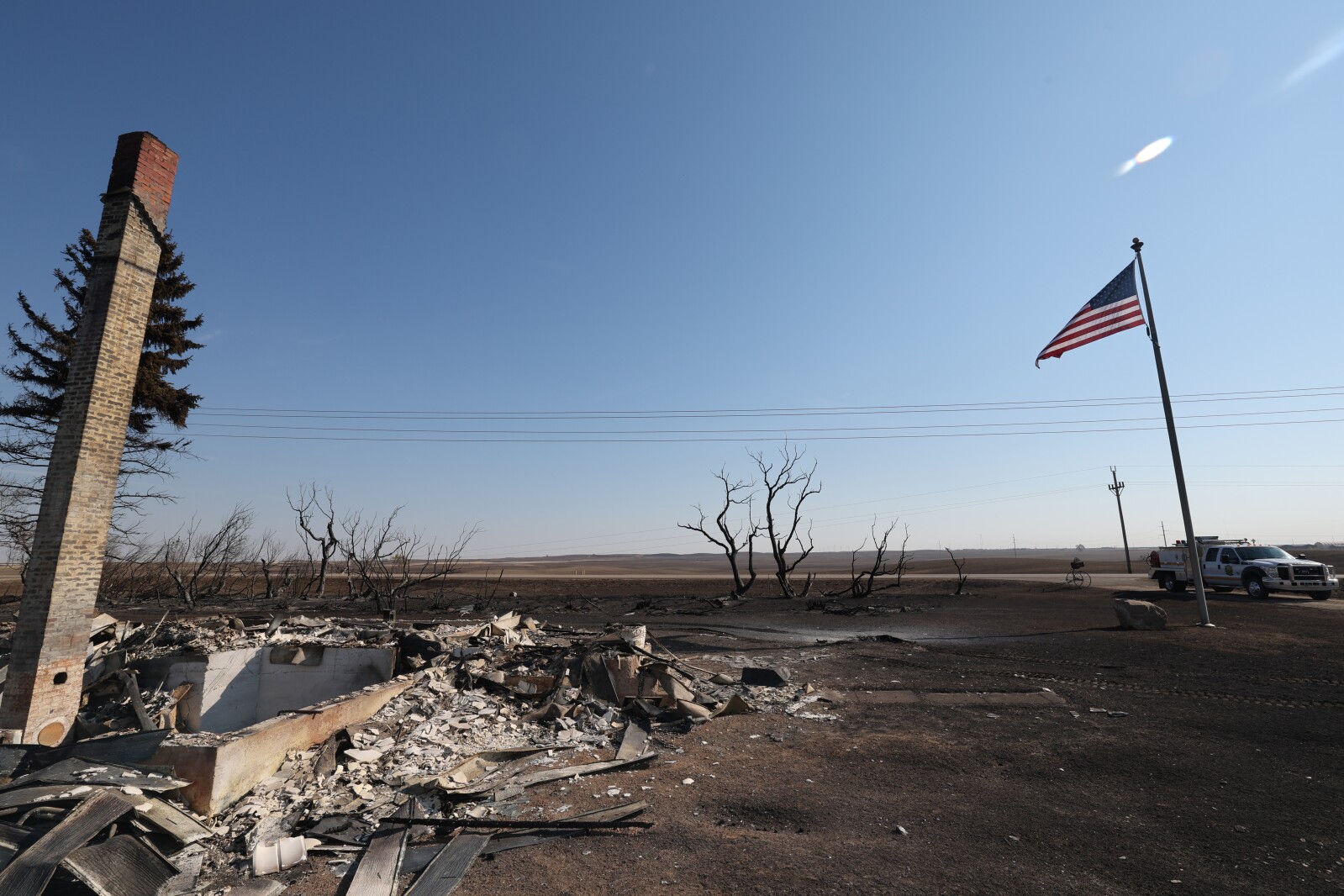Legal Showdown: Asbestos Giants Challenge Mass Claim Erasure in Bankruptcy Battle
Companies
2025-04-15 13:38:26Content

In a controversial move, several major asbestos bankruptcy trusts are preparing to permanently destroy documents and data related to previously settled claims. Companies like WR Grace, Babcock & Wilcox, Pittsburgh Corning, and Owens Corning claim their actions are intended to safeguard personal and sensitive information.
These trusts, established to provide financial compensation for victims of mesothelioma and other asbestos-related illnesses, argue that document destruction is necessary to protect individual privacy. However, the decision has raised concerns among advocacy groups and legal experts who worry about potential loss of historical evidence and transparency.
The planned document purge comes at a time when asbestos-related health claims continue to be a significant issue, with thousands of individuals still seeking justice and compensation for exposure-related diseases. Critics suggest that the destruction of these records could potentially hinder future claims and obscure important historical documentation about asbestos exposure.
While the trusts maintain that personal information will be carefully protected, many stakeholders are calling for more comprehensive oversight and alternative preservation methods that balance privacy concerns with the need for historical accountability.
Asbestos Bankruptcy Trusts: The Controversial Data Deletion Dilemma
In the complex landscape of industrial litigation, a critical issue has emerged that threatens to reshape the way asbestos-related compensation claims are managed. Major corporations involved in asbestos litigation are taking unprecedented steps that could potentially impact thousands of victims and their families, raising serious questions about transparency, privacy, and legal accountability.Uncovering the Hidden Truth Behind Corporate Document Destruction
The Landscape of Asbestos Compensation Trusts
The intricate world of asbestos bankruptcy trusts represents a critical mechanism for providing financial relief to individuals suffering from devastating health consequences. These trusts, established as a result of numerous legal battles and corporate bankruptcies, have long served as a lifeline for victims of asbestos-related diseases. However, recent developments suggest a potentially troubling shift in how these organizations manage historical claim documentation. Major corporations like WR Grace, Babcock & Wilcox, Pittsburgh Corning, and Owens Corning have announced plans that send shockwaves through the legal and medical communities. Their proposed document destruction strategy ostensibly aims to protect sensitive personal information, but many experts view this move with profound skepticism and concern.Privacy Protection or Strategic Obfuscation?
The motivations behind these corporations' document deletion plans remain murky and controversial. While they claim to be implementing robust privacy protection measures, critics argue that this approach could potentially erase crucial historical evidence that might be critical for future claims and medical research. Legal experts suggest that such document destruction could have far-reaching implications. The elimination of historical claim records might create significant challenges for future claimants seeking compensation, potentially limiting their ability to prove exposure and establish medical connections.Technological and Legal Implications
Modern data management technologies have transformed how sensitive information is stored and protected. Digital archiving solutions now offer sophisticated methods of anonymizing personal data without complete document destruction. This raises critical questions about whether these corporations are truly pursuing privacy protection or attempting to limit their long-term financial liability. The potential loss of historical documentation could significantly impact medical research, legal precedents, and the ability to track asbestos exposure patterns. Researchers and legal professionals have expressed deep concern about the potential erosion of critical historical records that could provide insights into industrial health risks.Victim Perspectives and Legal Challenges
For thousands of individuals and families affected by asbestos-related diseases, these document deletion plans represent more than a bureaucratic issue—they symbolize a potential threat to justice and accountability. Mesothelioma survivors and advocacy groups have been vocal in their opposition, arguing that transparency and comprehensive record-keeping are essential for ongoing medical understanding and legal recourse. The legal community remains divided, with some arguing that document retention is crucial for establishing future claims, while others acknowledge the complex privacy considerations involved in managing decades of sensitive medical and industrial exposure information.Broader Industrial Safety Implications
Beyond the immediate context of asbestos litigation, these developments raise broader questions about corporate accountability and industrial safety documentation. The potential precedent set by these actions could influence how other industries manage historical safety and exposure records. The intersection of legal strategy, corporate responsibility, and individual privacy creates a complex ethical landscape that demands careful navigation. As technology and legal frameworks continue to evolve, the approach to managing sensitive industrial health documentation will undoubtedly remain a critical and contentious issue.RELATED NEWS
Companies

Carbon Capture: Big Oil's Climate Crisis Gamble - Why Experts Say It's a Dangerous Illusion
2025-04-20 22:56:38
Companies

Beyond RTO: How Workplace Mandates Are Derailing Productivity and Team Dynamics
2025-02-17 13:22:36
Companies

Wildfire Risk Sparks Insurance Showdown: North Dakota Utilities Face Potential Coverage Crunch
2025-03-20 23:00:29





